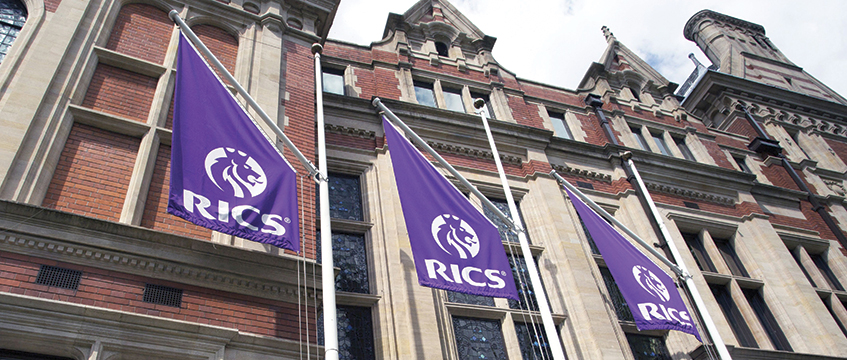Why the RICS is failing graduates
COMMENT What follows is a letter sent to EG from a graduate detailing how the failed management of the RICS is impacting their view of the real estate sector as a legitimate career path. While the author wished to remain anonymous, they were keen to share their struggles in the hope that the RICS can indeed rise again.
I felt I needed to send you an email following your article on “Why the fall of the RICS should help it rise again”, after you so powerfully captured what I have been thinking for the past few days.
I am currently studying for my APC and due to sit in the autumn. It has been hard. As in so many industries, this hasn’t been the easiest time to be a graduate. And the situation with the RICS can make the long nights sat at my desk incredibly disheartening.
COMMENT What follows is a letter sent to EG from a graduate detailing how the failed management of the RICS is impacting their view of the real estate sector as a legitimate career path. While the author wished to remain anonymous, they were keen to share their struggles in the hope that the RICS can indeed rise again.
I felt I needed to send you an email following your article on “Why the fall of the RICS should help it rise again”, after you so powerfully captured what I have been thinking for the past few days.
I am currently studying for my APC and due to sit in the autumn. It has been hard. As in so many industries, this hasn’t been the easiest time to be a graduate. And the situation with the RICS can make the long nights sat at my desk incredibly disheartening.
While I have been preparing my submission and revising the importance of ethics, rules of conduct and professionalism, the senior members of the RICS have been unable to uphold these standards quite as highly as we are led to believe. Not to mention the fact that the Assessment Resource Centre online portal went down for 10 days – we had extensions handed out, then taken away, and the interview dates still hang in the air. Again, the irony of the RICS preaching the importance of integrity within their professional standards is not lost on me.
If I am sitting my APC, how am I supposed to discuss the ethics, rules of conduct and professionalism competency when senior members of the institution don’t even uphold these standards?
I too have been surprised by how little the Alison Levitt report has been discussed in my surveying network, let alone the fact that members just don’t seem to care. If anything, there is an element of acceptance of this sort of behaviour and that members have come to expect this sort of performance from the RICS.
I watched the press conference last week and asked the question: if I am sitting my APC, how am I supposed to discuss the ethics, rules of conduct and professionalism competency when senior members of the institution don’t even uphold these standards? I didn’t get a response.
I appreciate that I am in the thick of it right now, when most of my brain function is taken up by the APC, but it felt like quite an important question for all members. Especially when you consider how many RICS staff members posted comments about how the actions of so few have tarnished the name of so many.
How do I sit in my interview and with a straight face recite the need for honest, ethical and transparent practice to the panel when the institution I want to join doesn’t practice what it preaches. To me, that feels false. As you pointed out in your article, it gives me the feeling that the APC and becoming chartered is just something that I have to do – a short-term inconvenience and hardship and in the end I just have to get it over with.
It’s deflating when the senior management is in disarray and the integrity of the institution is being questioned.
Ultimately, I wonder how I will answer the question: why do you want to be a chartered surveyor?
Right now, I am not sure.
Photo © Jeff Blackler/Shutterstock











